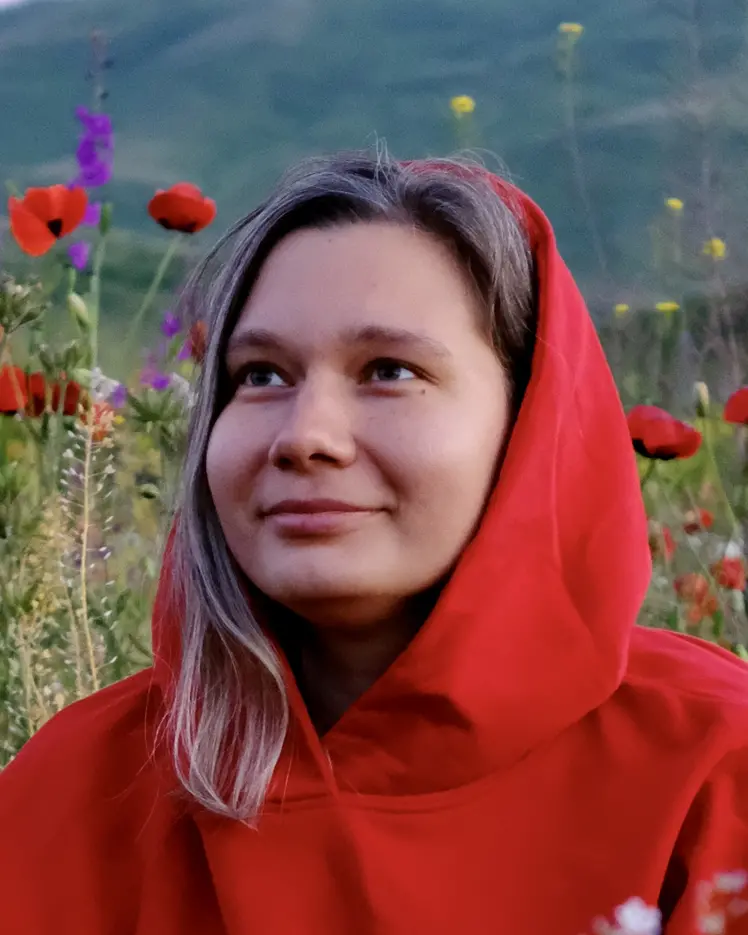
Ekaterina Lobacheva
Postdoctorate - Université de Montréal
Supervisor
Research Topics
Deep Learning
Generalization
Large Language Models (LLM)
Loss Landscapes
Machine Learning Theory
Neural Scaling Laws
Optimization
Transfer Learning


